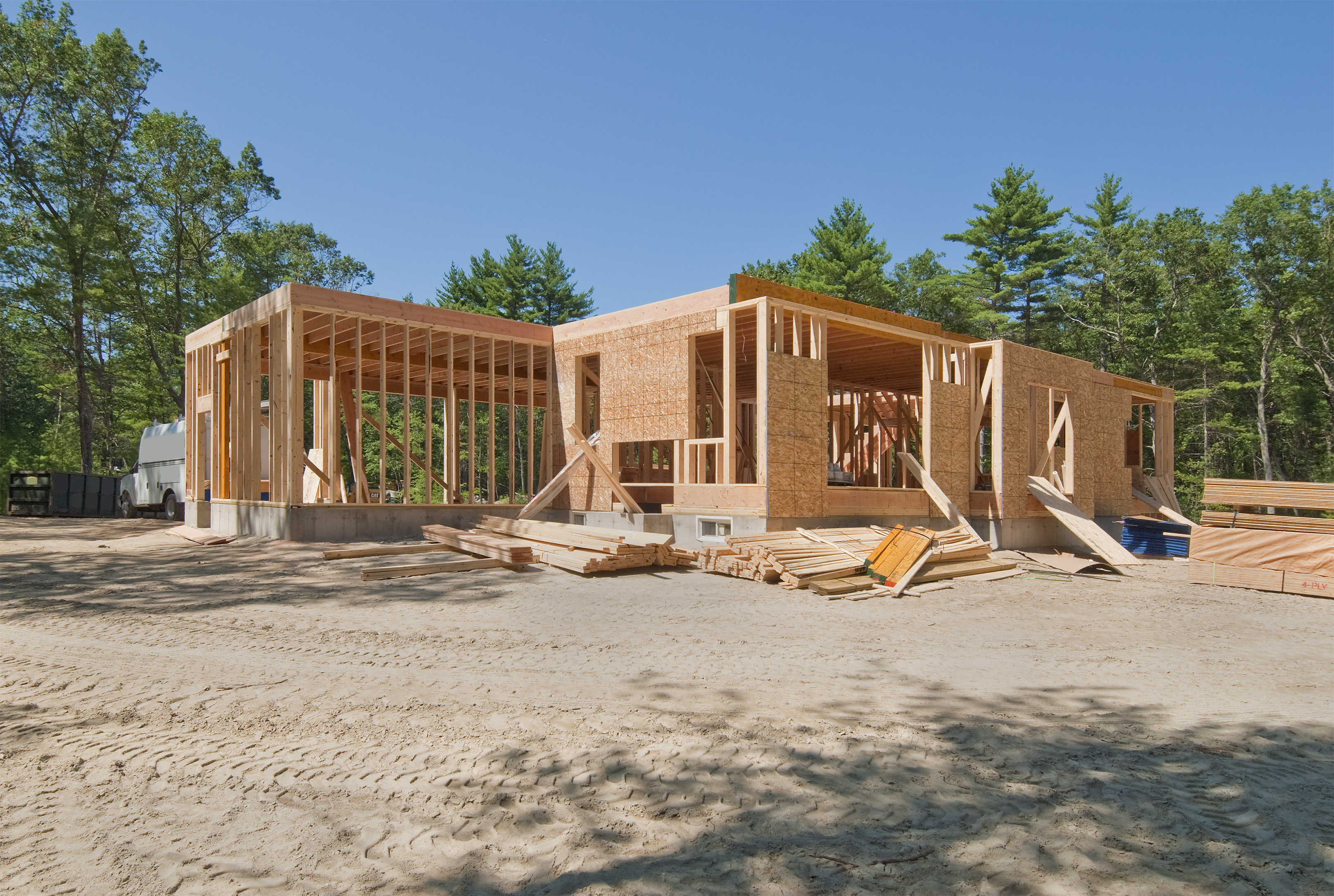Full-time
Full-time apprentices and trainees work and train full-time, usually from 36 to 38 hours a week.
Traineeships vary in length from 12 months to three years, while apprenticeships can take up to four years to complete.
With the introduction of expected durations that set a target for early completions, it is likely that some apprenticeships could be completed faster than this.
Part-time
Part-time apprentices and trainees work and train no less than 15 hours each week, averaged over a four-week cycle.
Part-time apprenticeships and traineeships generally have a nominal term double that of the full-time apprenticeship or traineeship’s nominal term (e.g. a four-year full-time apprenticeship may take up to eight years in a part-time capacity). However, competency-based training may mean that the apprenticeship or traineeship may be completed in a shorter timeframe.
Adult and mature age
Apprenticeships aren’t just for young people. There are many opportunities for older workers, especially in skills shortage industries.
Your existing skills and experience may provide you with credit and may reduce your training time. Even if you have never formally studied or trained in a particular area, you may have gained knowledge and skills through your education, training, work and life experience.
Recognition of prior learning (also referred to as RPL or recognition of current competencies), is the formal recognition of a person’s current skills and knowledge, no matter how, when or where the learning occurred.
School-based
School-based apprentices and trainees undertake an apprenticeship or traineeship as part of their high school studies.
• Students, typically in years 10, 11 and 12, are able to participate in school-based apprenticeships and traineeships which allows the student to study for their Queensland Certificate of Education (QCE) and/or OP score while, at the same time, working and training towards a recognised qualification.
• School students may also take on a part-time apprenticeship or traineeship outside of school hour.
• A school-based apprentice or trainee’s employment and/or training arrangements must impact on their school timetable for the program to be considered school-based.
Apprentices and trainees employed by group training organisations
Apprentices and trainees employed by a group training organisation are placed with host employers to get on-the-job experience.
Existing workers employed as apprentices and trainees
Existing workers employed as apprentices and trainees commence an apprenticeship or traineeship after working with an employer for longer than three months full-time, or longer than 12 months on a part-time or casual basis.
• Existing employees entering into an apprenticeship or traineeship may be subject to the Existing Workers Policy which may affect funding for off-the-job training.
• If you are already employed, part-time or full-time, you can still commence an apprenticeship or traineeship. For example, you could use an apprenticeship to move from trades assistant to apprentice to tradesperson. You may even be able to reduce the length of your apprenticeship or traineeship if you receive recognition of prior learning or credit transfers for the skills you have already acquired.
• Note: Casual or daily hire employees are not eligible to undertake part-time apprenticeships or traineeships, as there is no guaranteed pattern of work (which is a requirement of a training contract).














